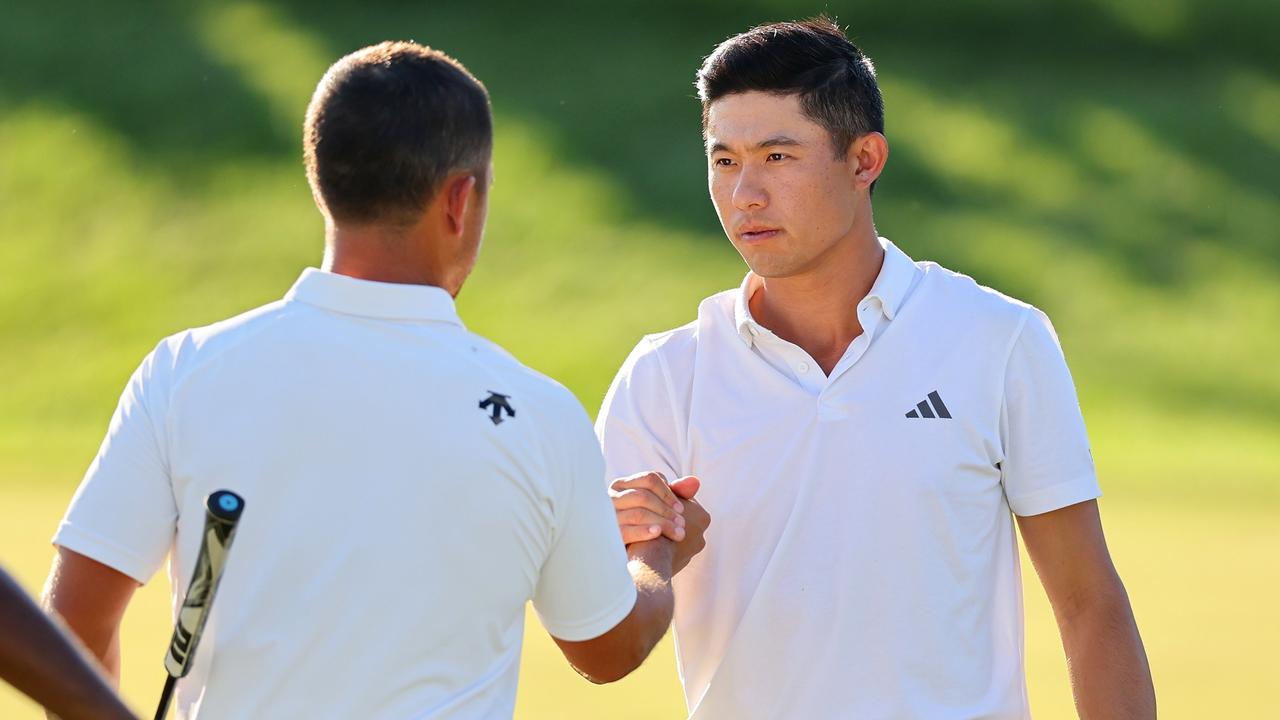MILAN. The “intransigence” during the pandemic in defending “vaccines, green passports and lockdowns against all the superstition and anti-scientific impulses that have exploded on the internet”. The “strict line” in the war in Ukraine is “honestly listing Putin’s crimes, but always taking the path of peace”. The “rigorous” defense of citizens’ right to information “to ensure that all news that may be of public interest is transmitted with respect for the truth and with the greatest possible accuracy of the sources”. And again, the civic engagement with the collection of 300,000 signatures to appeal to the Iranian government to release Fahimeh Karimi, the volleyball coach and mother of three young children who has been imprisoned and sentenced to death, a symbol of the oppression of women by the ayatollah regime. They are among the reasons for the “Montale Out of Home Award” for the section Journalism – Newspaper Directors, presented yesterday by President Adriana Beverini to Massimo Giannini. “Acknowledgment – says the director of this newspaper – for the work of all journalists and employees of the The pressure, because the newspaper is a living and, above all, collective work. It accompanies us through our days, it is the secular Hegelian morning prayer, but we pause to reflect on how much we offer our readership every day for such a small price: 40 pages and more, the result of the immense work of so many people in a relevant exercise of passion and thought effort.”
[[(gele.Finegil.Image2014v1) onecms:ee367eb9-bb6f-4b8b-ad75-f70a6061b01a]]
And an award like the one dedicated to the versatile intellectual, poet, but also critic and journalist, which in the past has gone to directors such as Paolo Mieli, Ferruccio de Bortoli, Luciano Fontana and Marco Tarquinio, inevitably leads to a debate about journalism today As Mariangela Guandalini, the prize’s cultural adviser, observed during Giannini’s public interview at the Sormani Library in Milan, the truth increasingly appears distorted or manipulated depending on who writes it. “It is, on the one hand, a problem of economic and above all political power, which has always tried to manipulate information: we see it with Rai today, we have seen it in the past. On the other hand, it is also the problem of journalism that allows itself to be manipulated all too often,” Giannini replies. The category cannot be free of criticism: “As politics over time has accentuated radicalization profiles in Italy from a bipolar perspective, we increasingly find journalists choosing not to place themselves in the middle of the field in order to understand and to say with facts what happens.”, but which take place in the curves: partly on the right, partly on the left. A big mistake made by many colleagues, which has contributed to delegitimizing the role of us journalists, who are no longer interpreted as instruments of mediation between the reader and power, but become actors. And that, he says, “is the disease of journalism: it harms the profession and affects the quality of democracy.” Politics is divided, the truth is increasingly questionable, information is in danger of losing its authority. “All of this makes serious and responsible journalism more necessary than ever today.”
A problem that exists in Italy but affects countries where government authoritarianism is increasing, without excluding the West. “We’ve seen Trump in the United States, we’ve seen Orban in Hungary, Morawiecki in Poland, not to mention Erdogan in Turkey.” The first thing anyone who enters government does is buy televisions or close, buy newspapers or close. Let’s not talk about the precariousness that journalism is not exempt from, which “in the future runs the risk of turning journalists into new slaves, even of power”. And over time, powers of greater or lesser strength have learned to increase information pressure. “Once upon a time, a journalist who criticized this or that potentate was accused of defamation, defended himself and almost never went to prison. Today, power has understood that especially the most vulnerable groups, those with less broad shoulders, are more vulnerable and susceptible to a civil lawsuit with unusual claims for damages. Faced with this, publishers with fewer resources are sometimes forced to call the directors and ask them to call the reporters to calm down on this or that story. It’s a mortal danger. Which brings the discussion to the relationship between editors and publishers. “I’m not afraid to talk about it either, because if I can’t work in the right conditions, I’ll walk away peacefully.” And I can say that I’m lucky. TO republic, where I spent 34 years of my professional life, I initially had a publisher-director-master like Eugenio Scalfari, later joined by Carlo De Benedetti, who had extensive interests but always respected the iron pact made with Scalfari: nothing was ever asked of to me. In the Press, where I celebrated my three year directorial anniversary on April 24th, we speak often with John Elkann and meet regularly. But he never said a single word to condition me. I am lucky. But I think I know how to earn the respect of those who pay my salary on the pitch.








